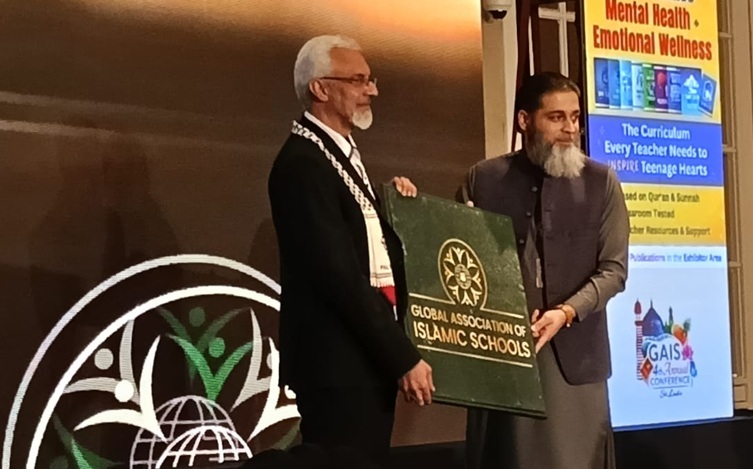The Government of India has announced that Indian Muslims will be allowed to perform Haj through the Haj Committee of India (HCoI) only once in their lifetime under the new Haj policy 2025.
According to the policy draft, the regulations for seat allocation, eligibility, and procedural improvements aim to ensure a smoother and more equitable Haj pilgrimage. The new policy stipulates that those who have previously performed Haj through the HCoI will not be eligible to apply again.
However, the policy provides exemptions for repeated Haj pilgrimages under specific circumstances, such as companions and “Mehrams” (male guardians) accompanying female pilgrims and those aged 65 or above. It highlights the strenuous nature of the pilgrimage, which involves walking up to 25 kilometers a day in harsh climatic conditions, making it mandatory for pilgrims aged 65 or above to be accompanied by a companion.
The policy states, “In the case of ‘Mehram’ for lady pilgrims and companions of the pilgrims aged 65 years or above, including ladies without Mehram (LWM) pilgrims aged 65 years or above, repeaters will be allowed on payment of additional charges as applicable from time to time.”
The new Haj policy further specifies that the age of the “Mehram” and companions accompanying pilgrims aged 65 years or above must be between 18 and 60 years on the date specified by the HCoI. For companions of LWM pilgrims aged 65 or above, the companion must be a female aged between 45 and 60 years.
Additionally, the policy requires a solemn undertaking from lady pilgrims or pilgrims aged 65 or above using the services of a repeater as “Mehram” or companion, stating that no first-time “Mehram” or companion is available in the family.
The policy maintains the distribution of Haj seats, allocating 70% to the Haj Committee of India (HCoI) and 30% to Haj Group Organisers (HGOs). It also mandates that pilgrims aged 65 or above must be accompanied by a companion aged between 18 and 60 years. Female pilgrims aged 45 or above traveling without a “Mehram” are allowed to travel in groups, with specific provisions for their safety and accommodations.






0 Comments